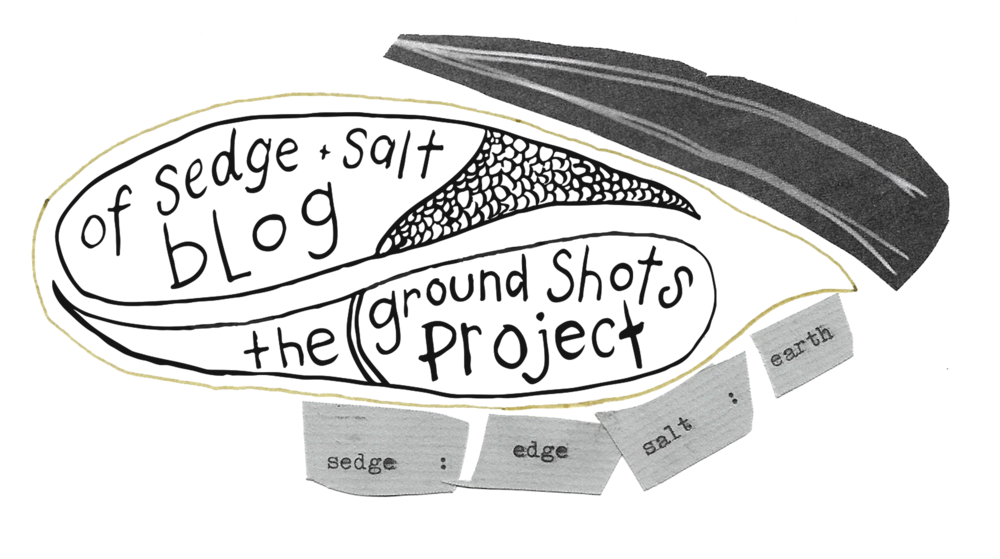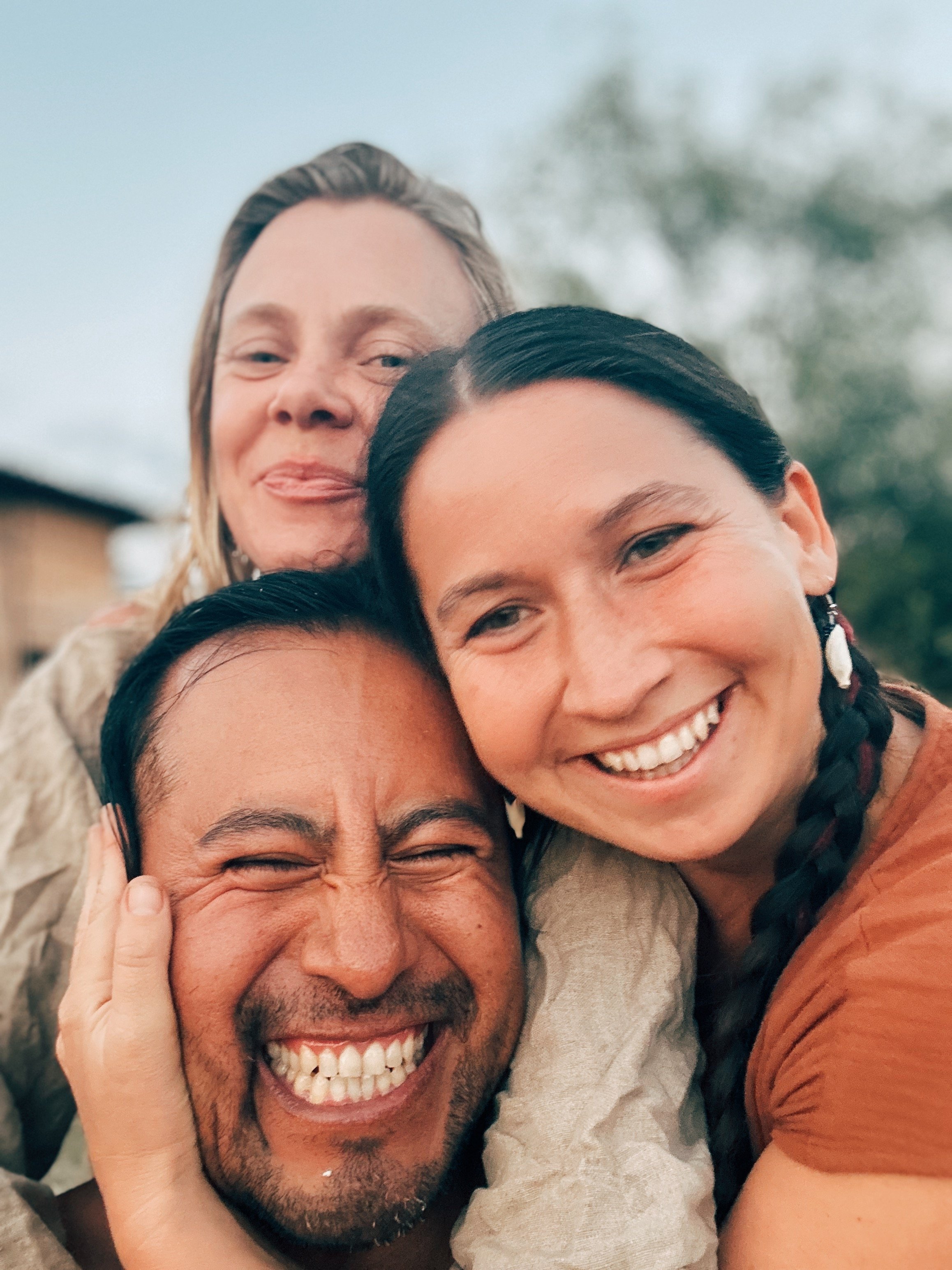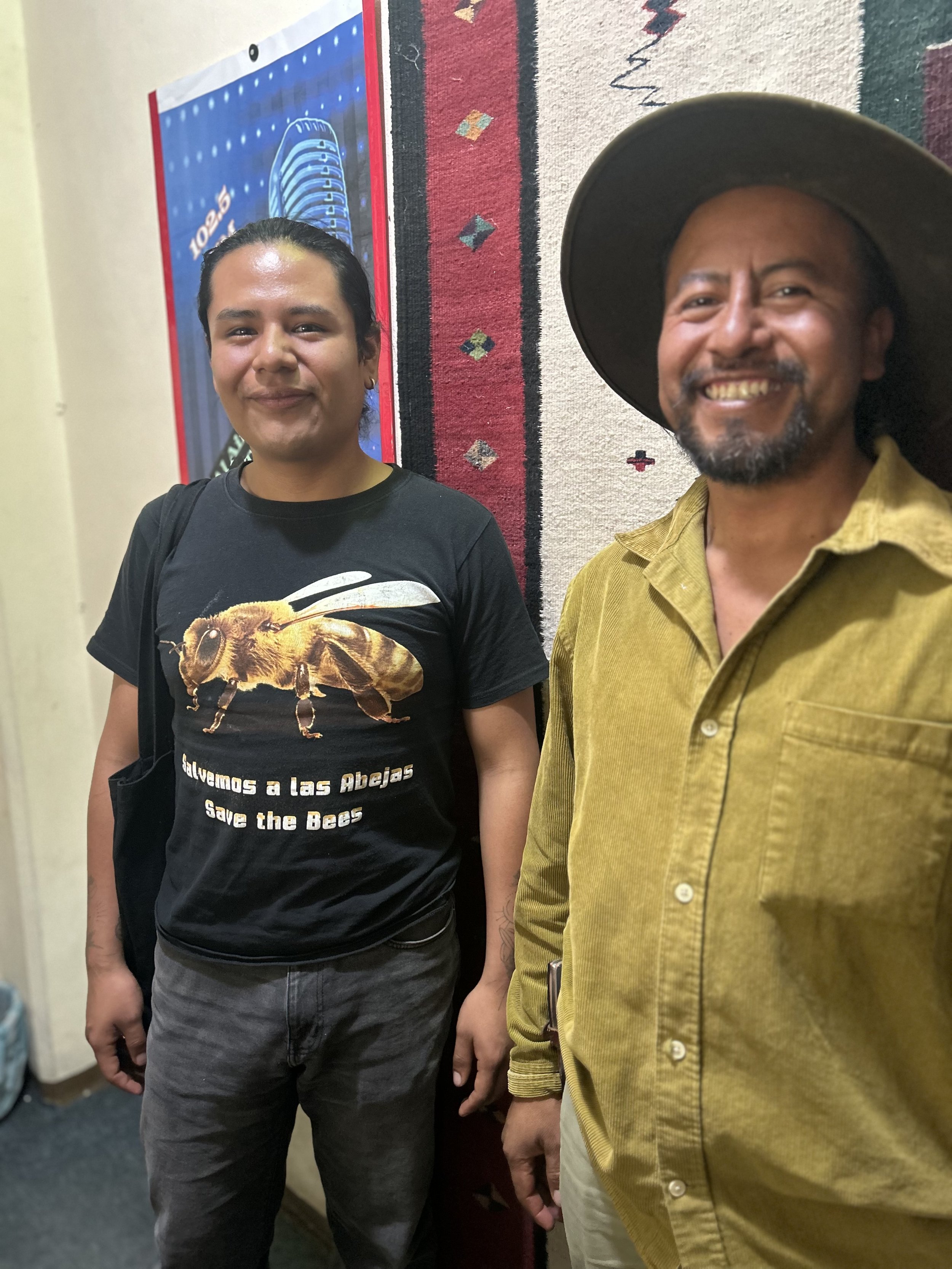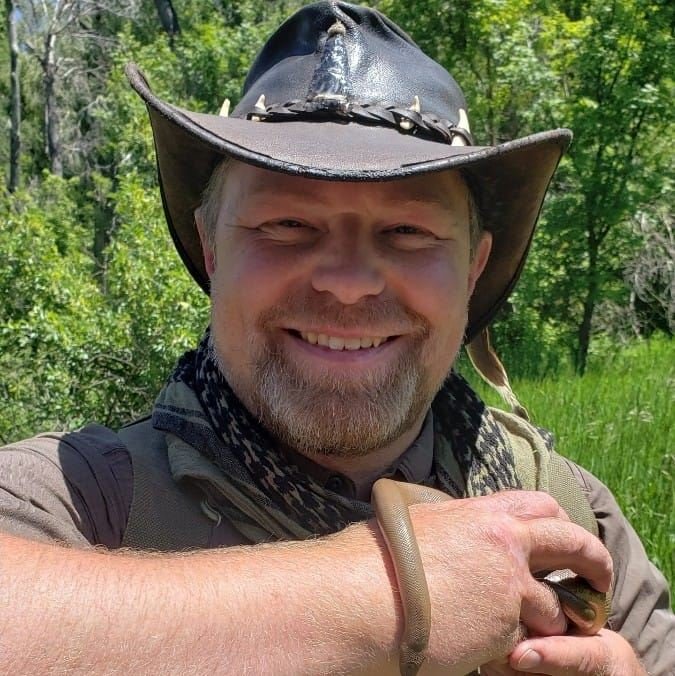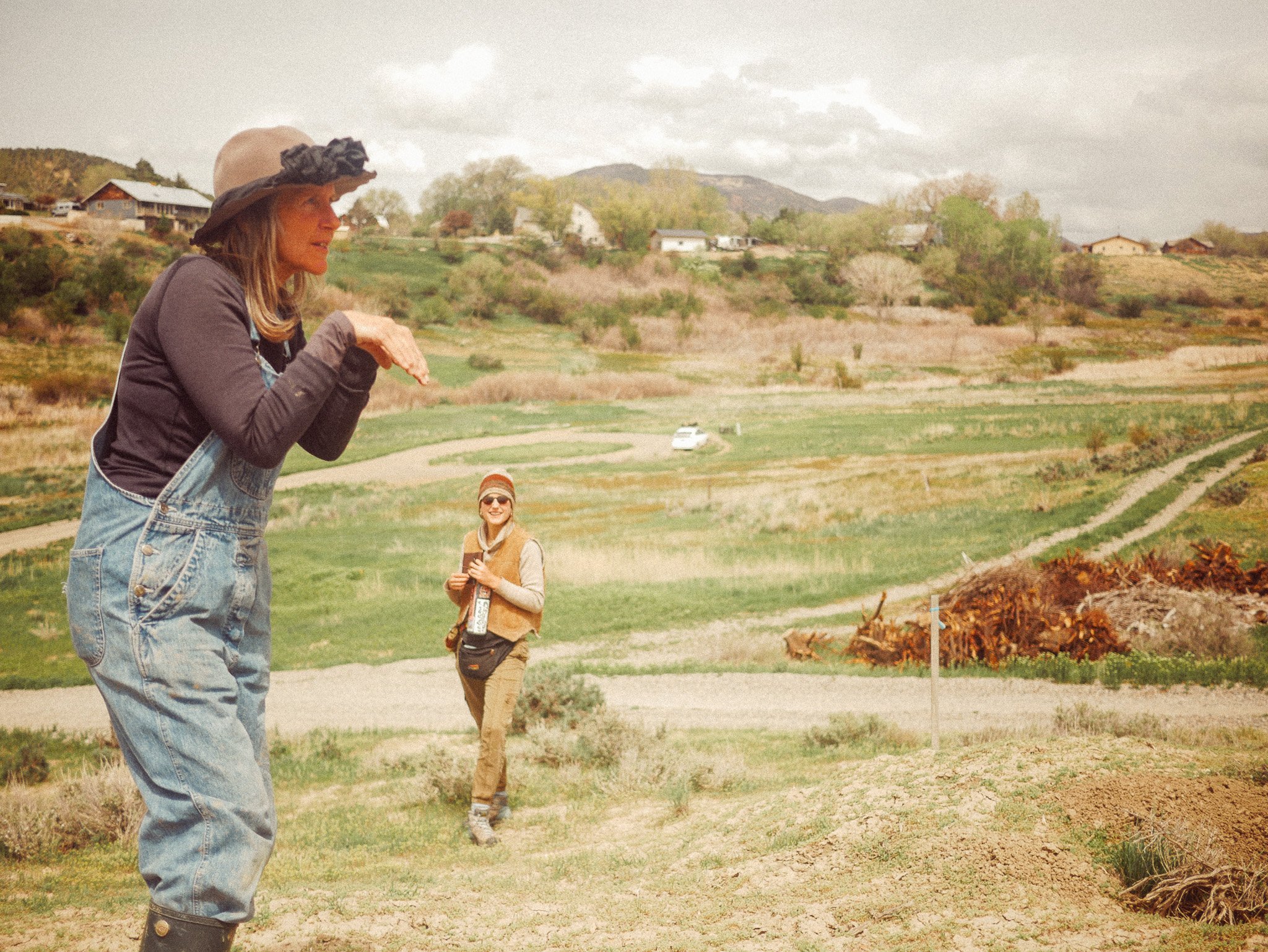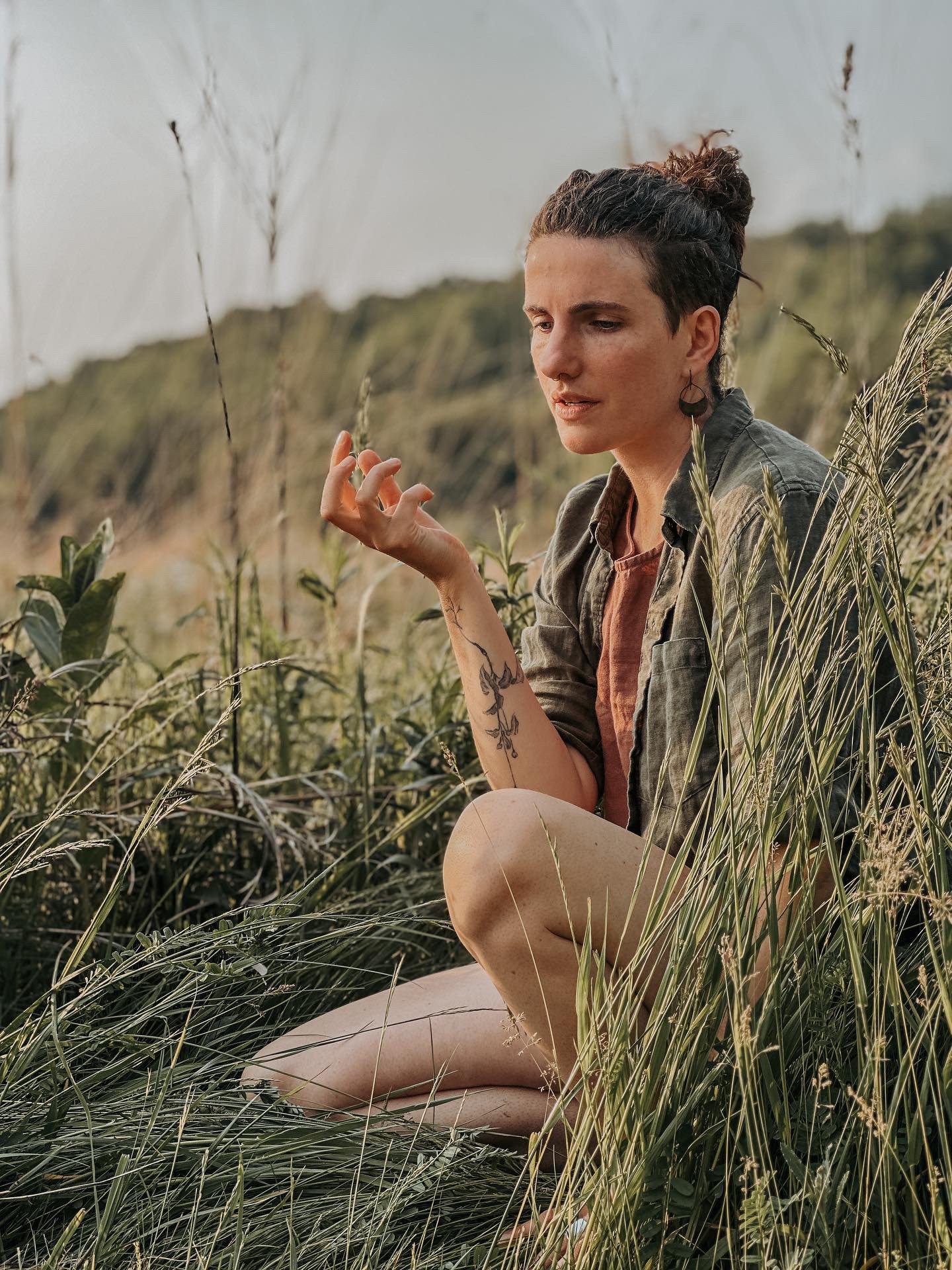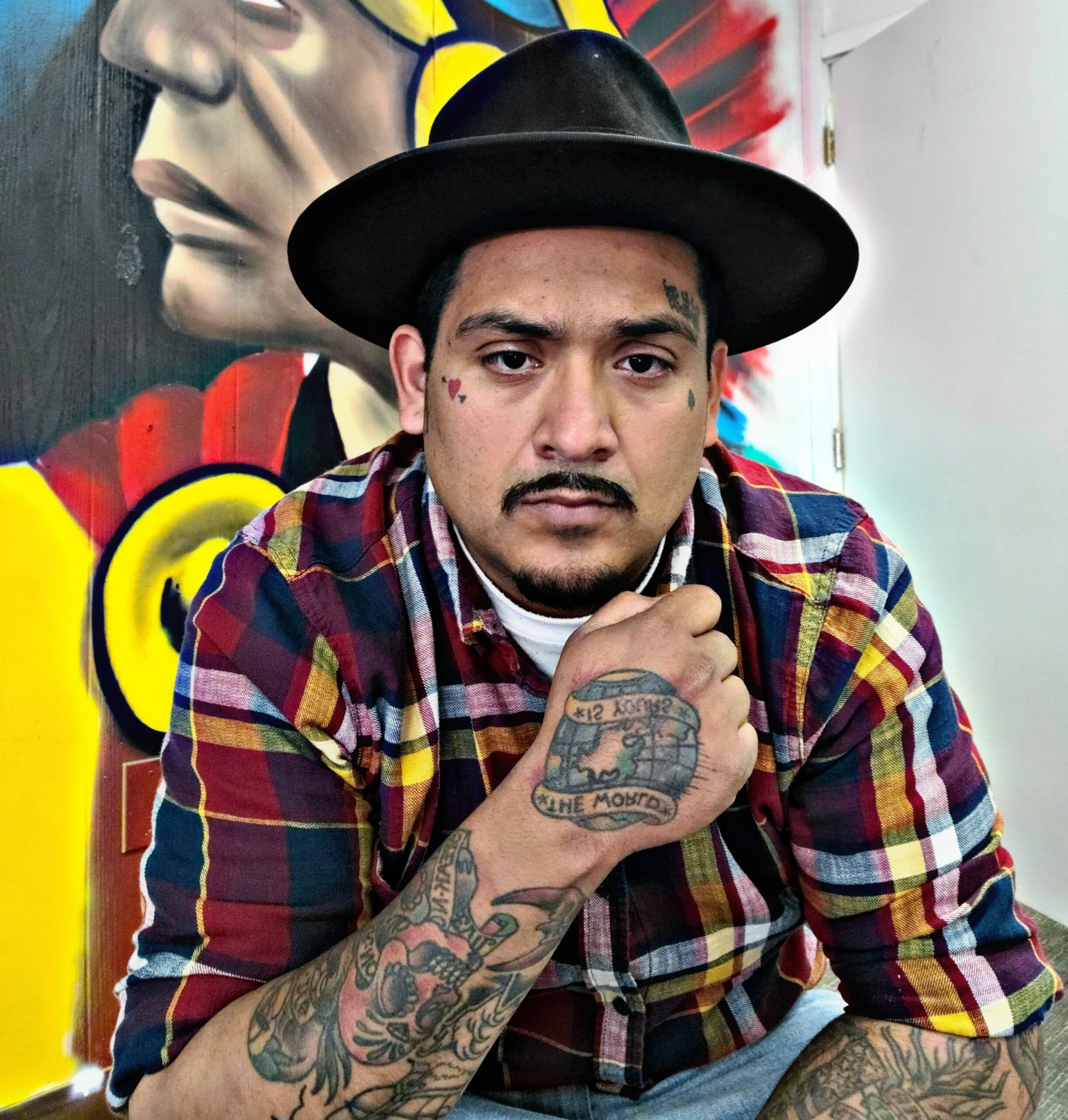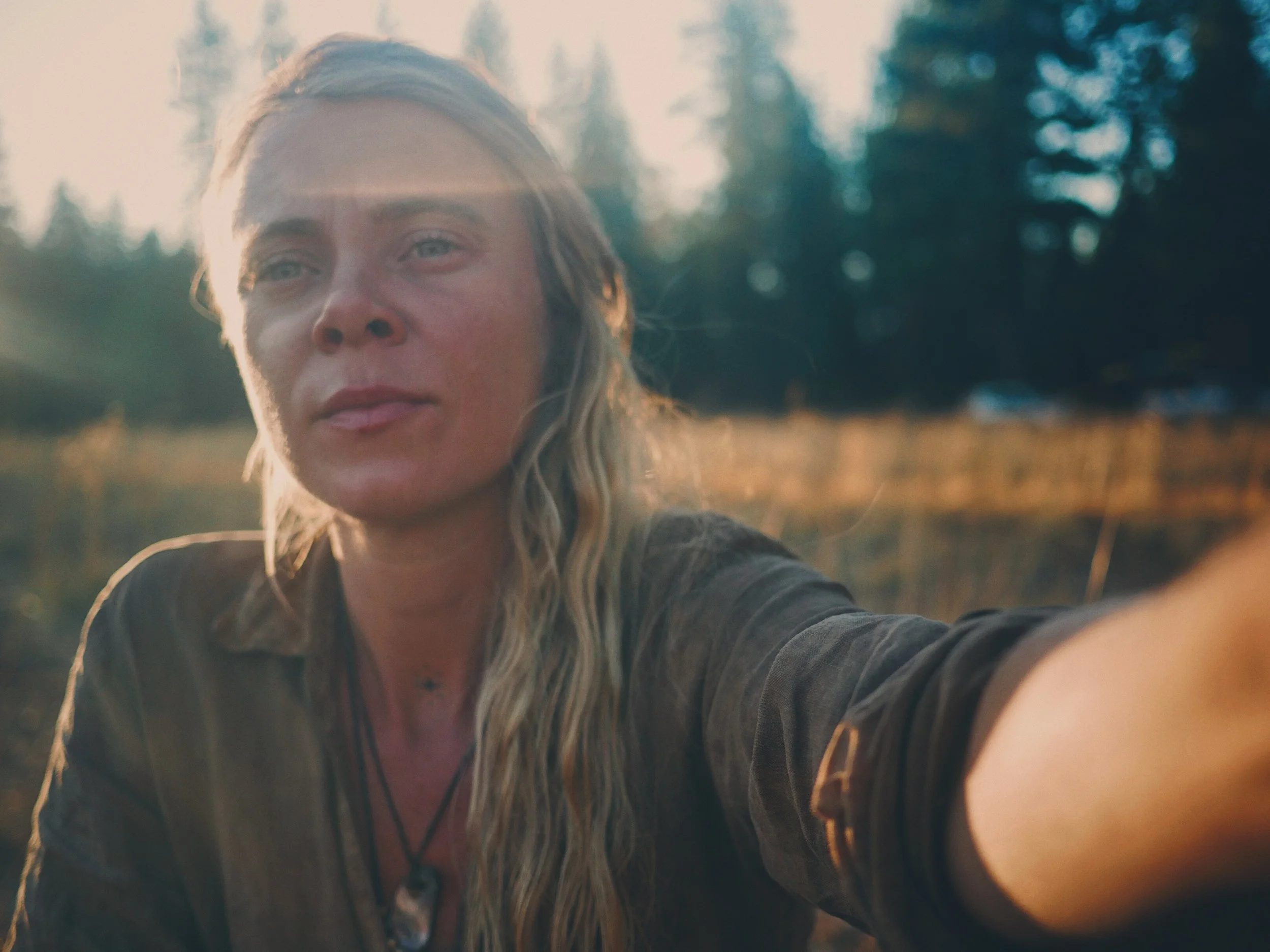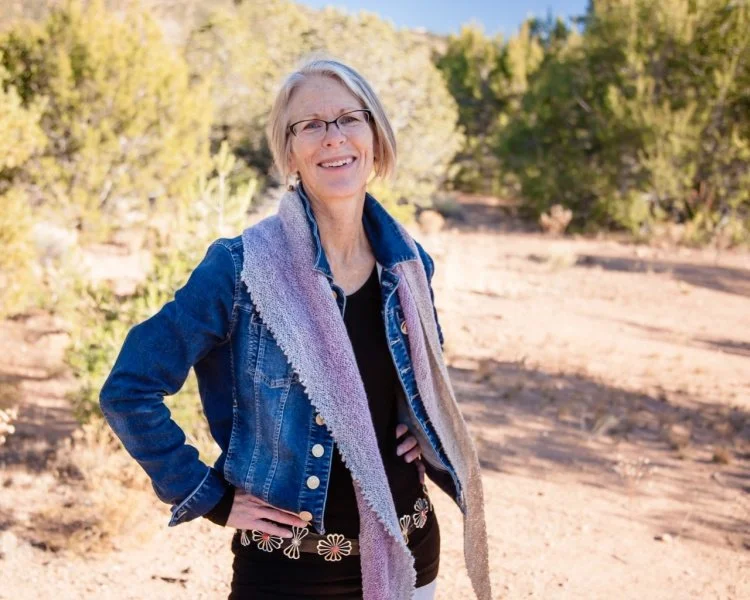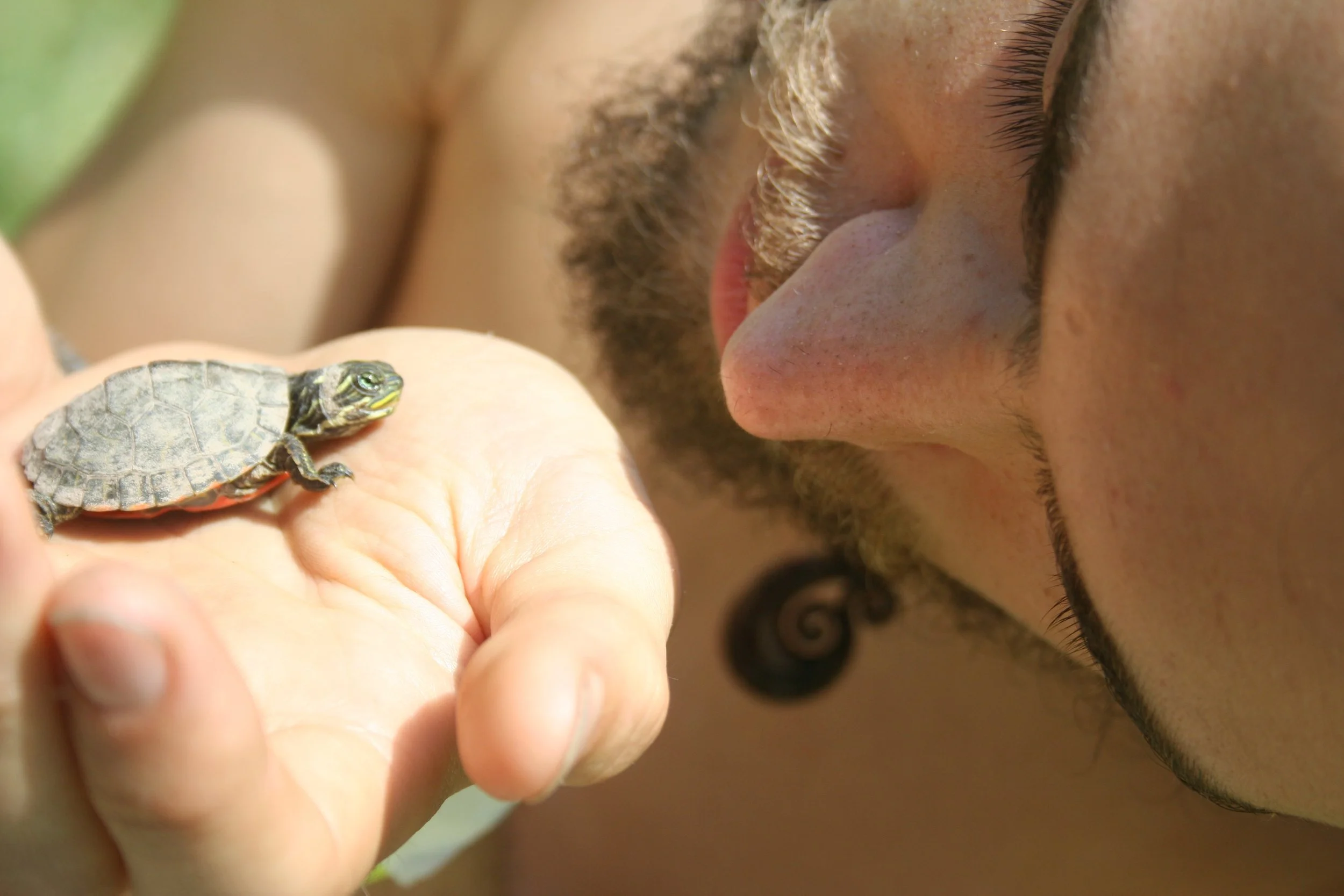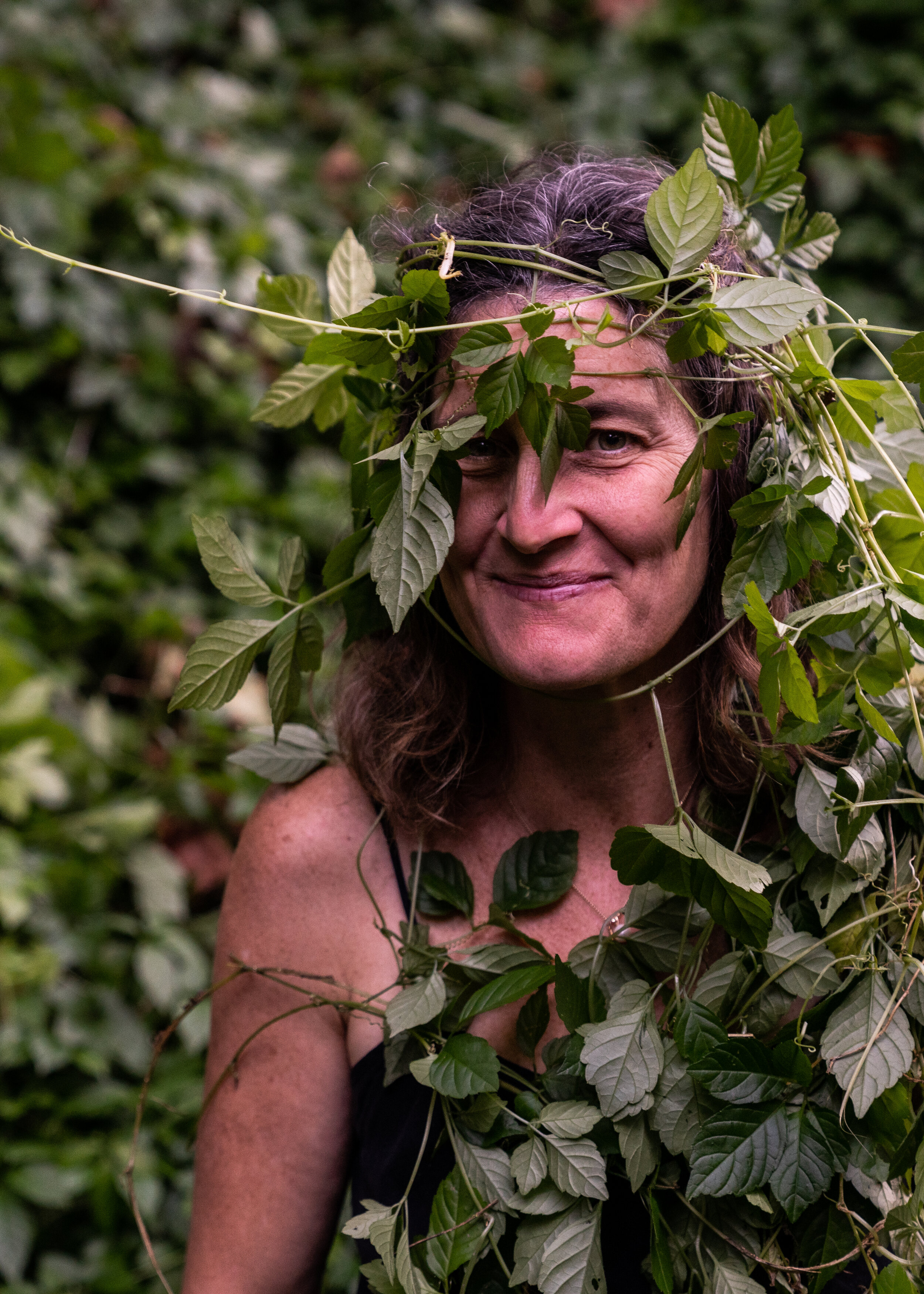Episode #25 of the Ground Shots Podcast features a conversation with Lisa Schonberg.
We sat down at her home in Portland, Oregon, in-between her various research projects in the tropics. Lisa is a composer, percussionist, field recordist, teacher, and writer with a background in entomology and ecology. Lisa has traveled extensively to carry out fieldwork and perform environment-informed music. She earned her Masters in Environmental Studies at the Evergreen State College in Olympia, WA with a focus on ant biodiversity in the Neotropics. She documents soundscapes, insects, and habitat through music composition, writing, and multimedia collaboration. She strives to draw attention to endangered species, habitat loss, and other environmental issues through a merging of artistic and scientific practices, often in collaboration with ecologists.
In this episode of the podcast, we talk about:
Lisa's ATTA fieldwork (Amplifying the Tropical Ants), a project in collaboration with Brazilian entomologists investigating ant bioacoustics in the Amazon, the ecological and cultural relevance of “sons escondidos” (hidden sounds) and how they can impact our perception of non-human species and our decision-making processes
the importance of acoustic ecology and combining music composition and ecological field research
how Lisa performs her place-based compositions with her ensembles Secret Drum Band and UAU.
The Hylaeus project and Lisa's study of endangered bees that are endemic to Hawai'i
Developments in citizen science in Hawai'i for the Hylaeus bees
How research on the bees in Hawai'i can help to raise awareness about behavioral changes people can make to protect the bees' habitat
The current administration's push to weaken the Endangered Species Act and how this is extremely problematic
How cross-discipline collaborative research can make questions and findings more accessible
Making art from scientific data to make it more fun for folks to learn about
The pattern ecology project and the exploration of making art about science and through the scientific process
